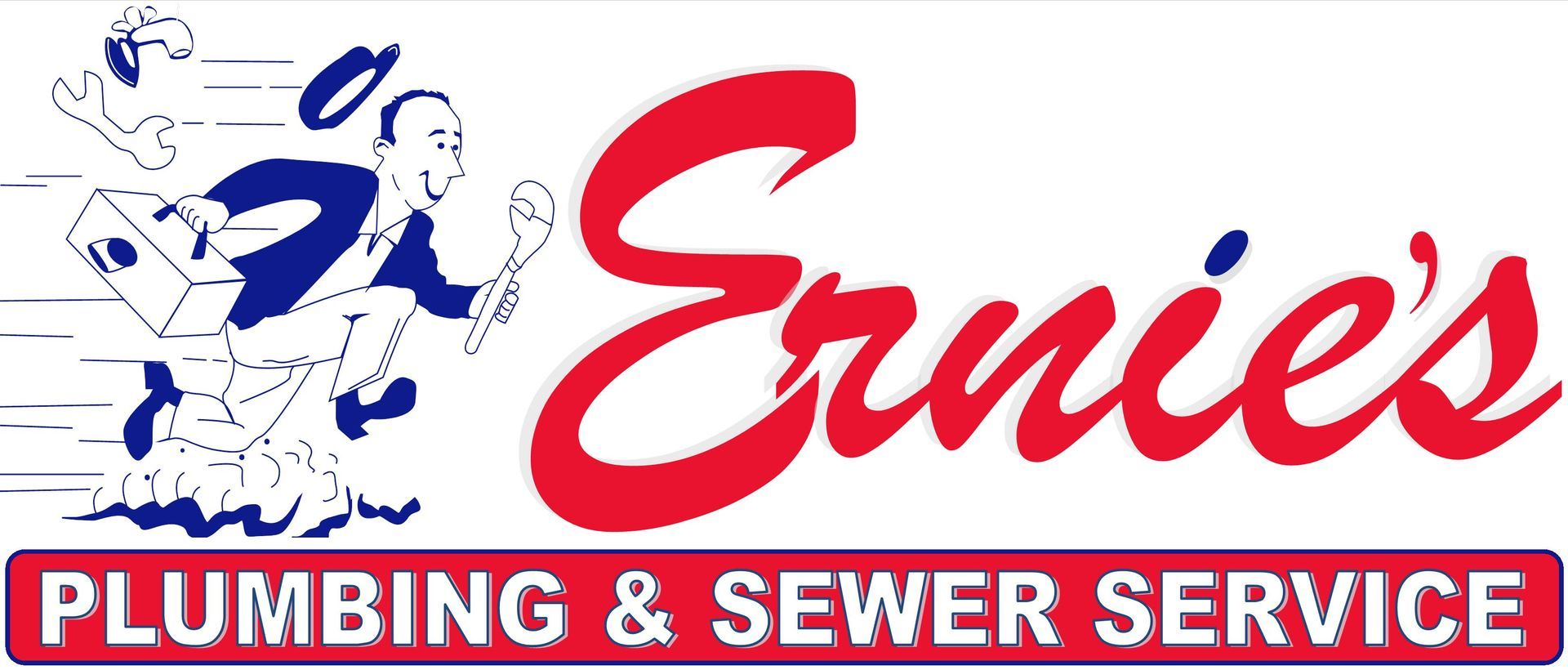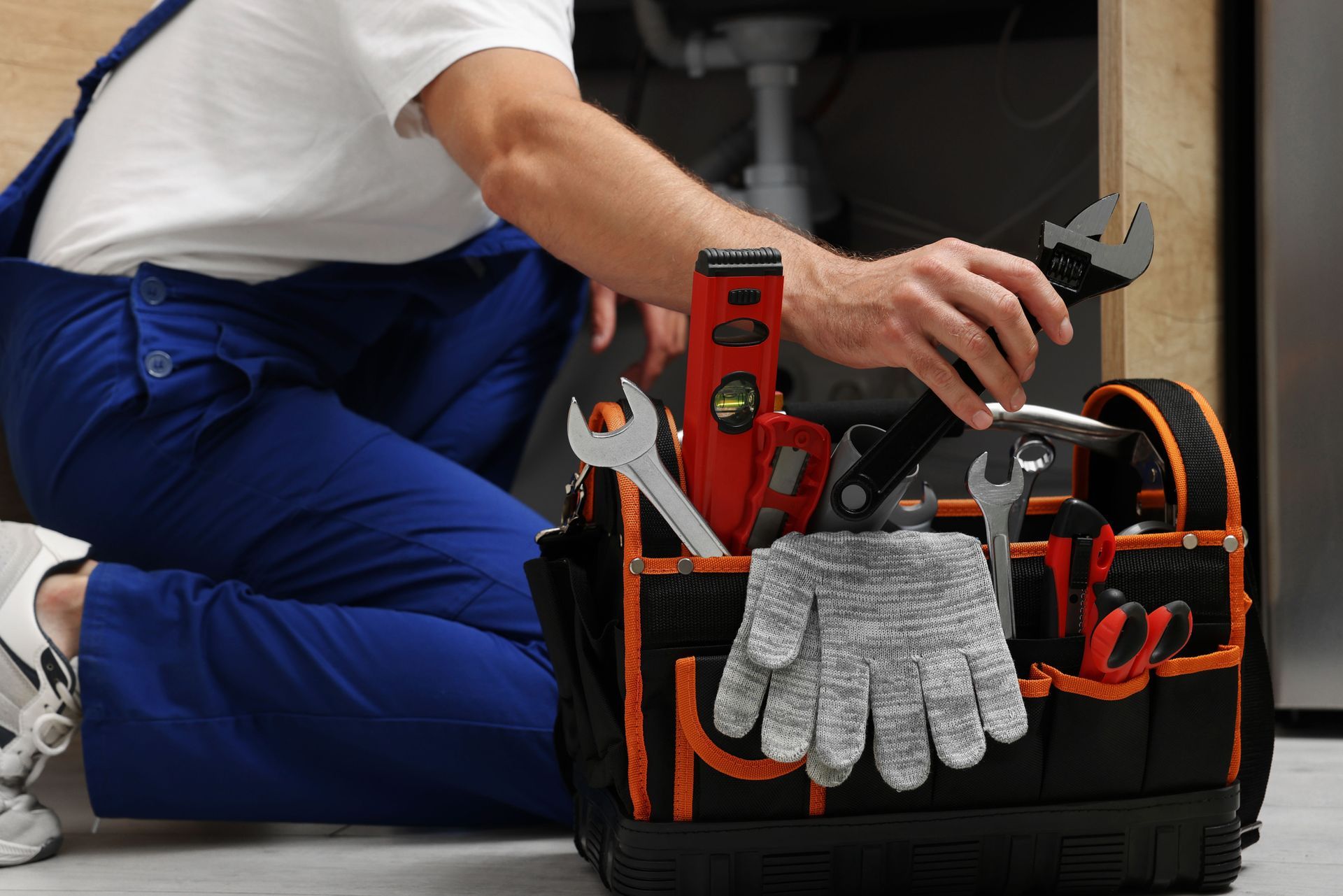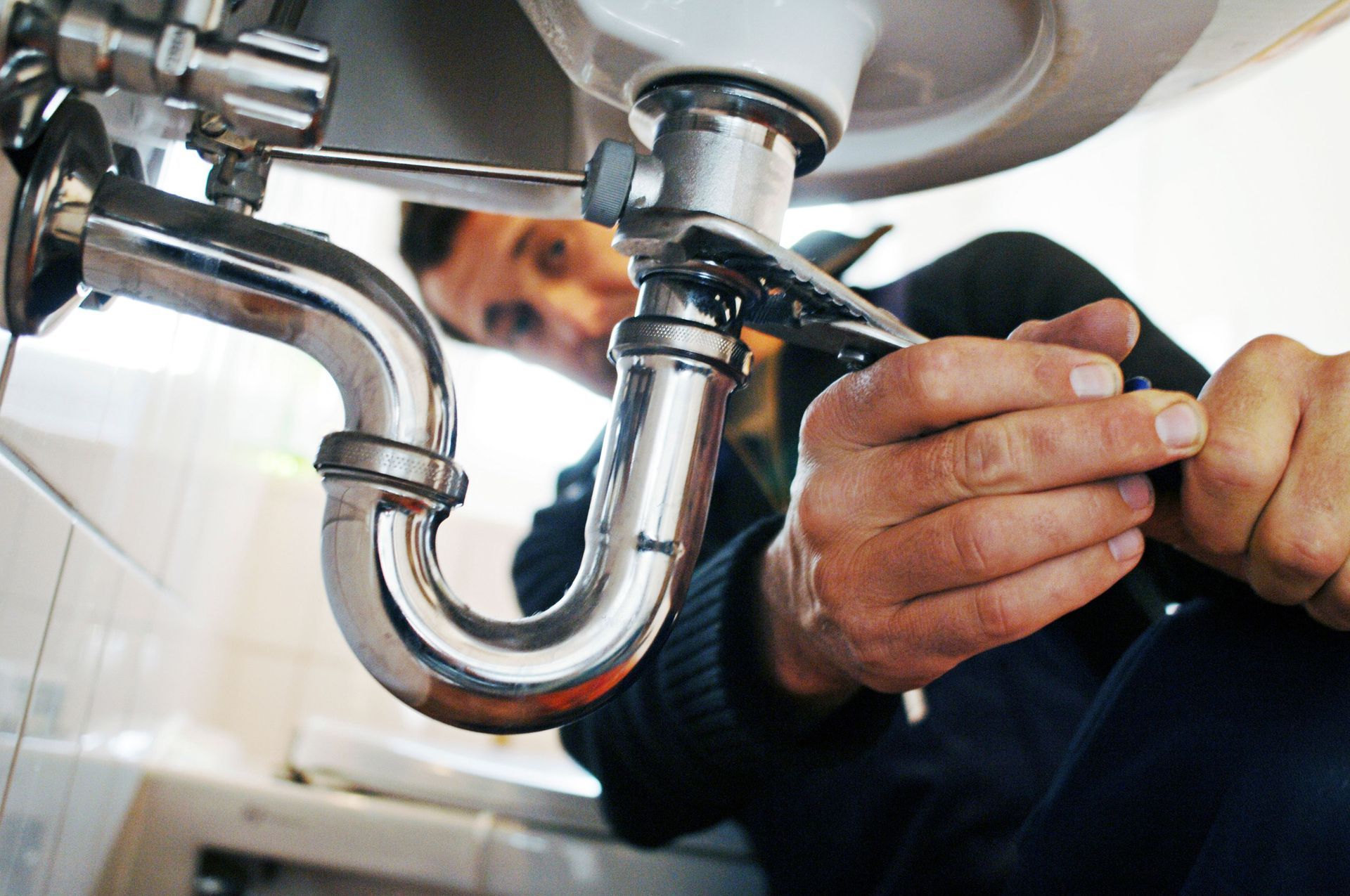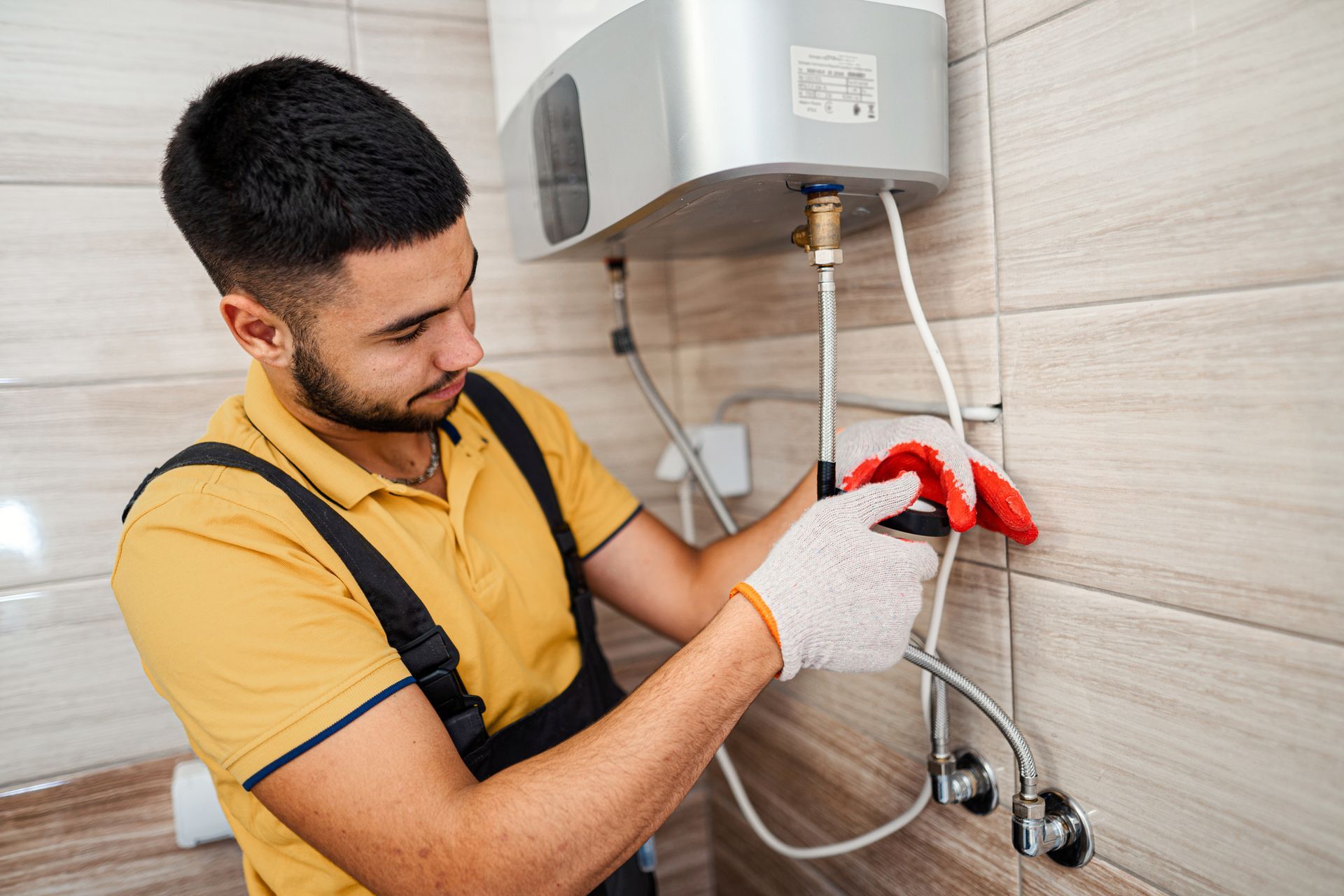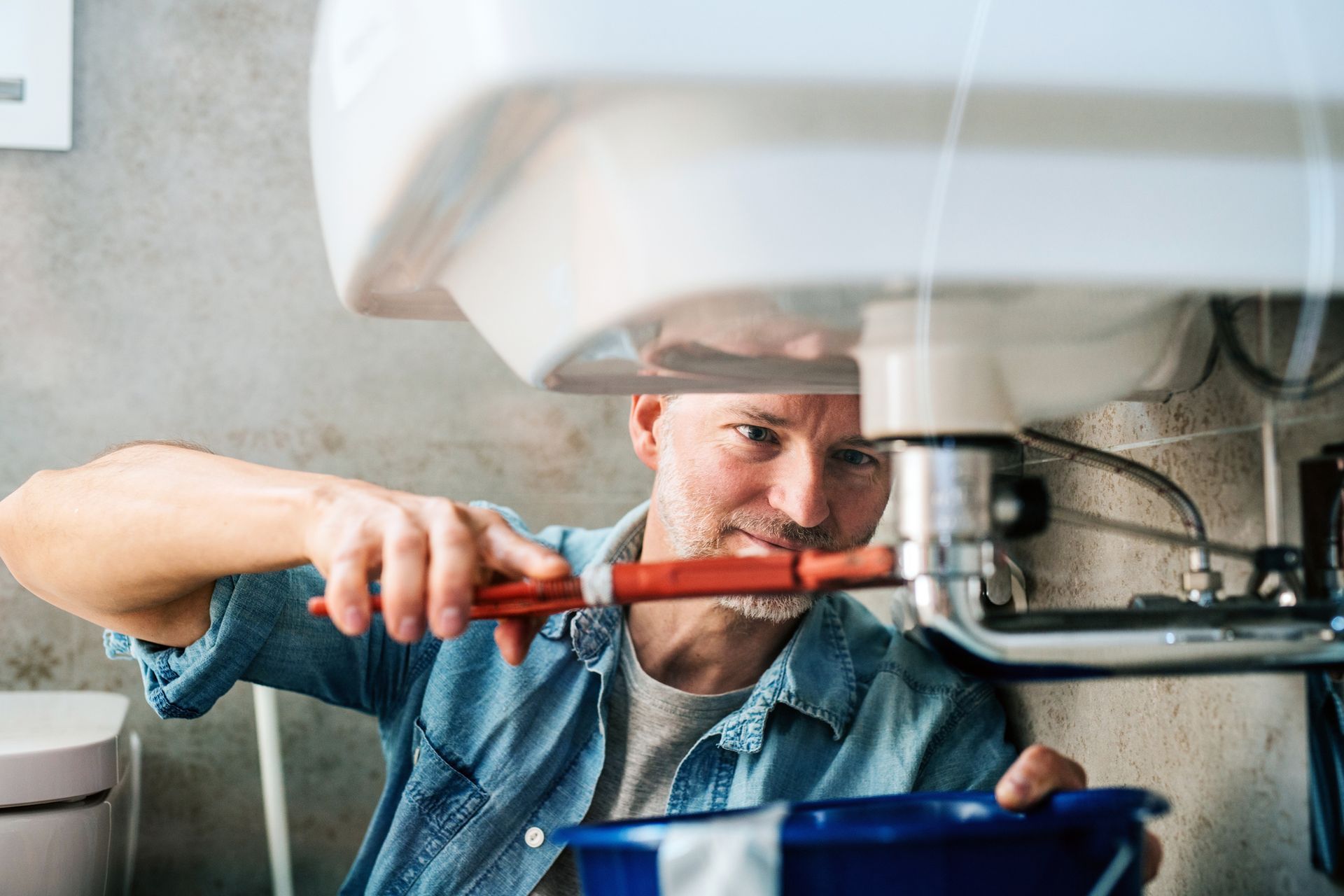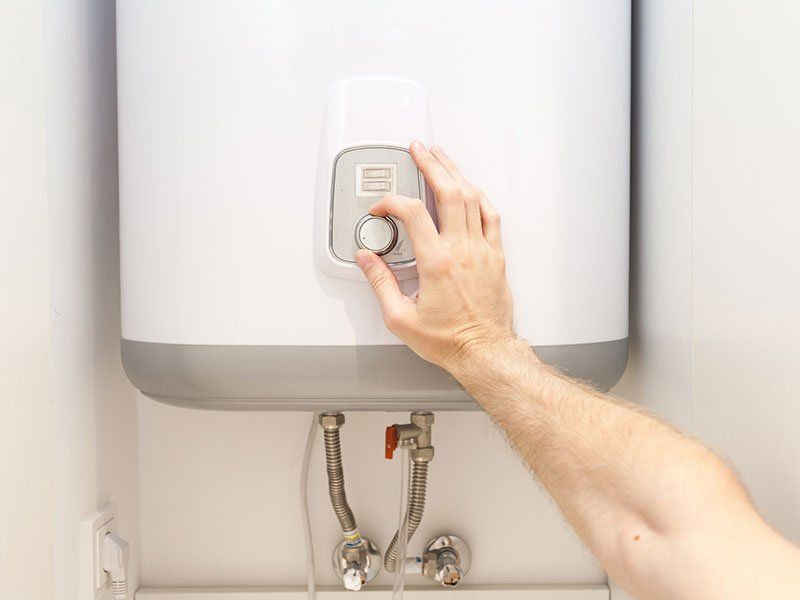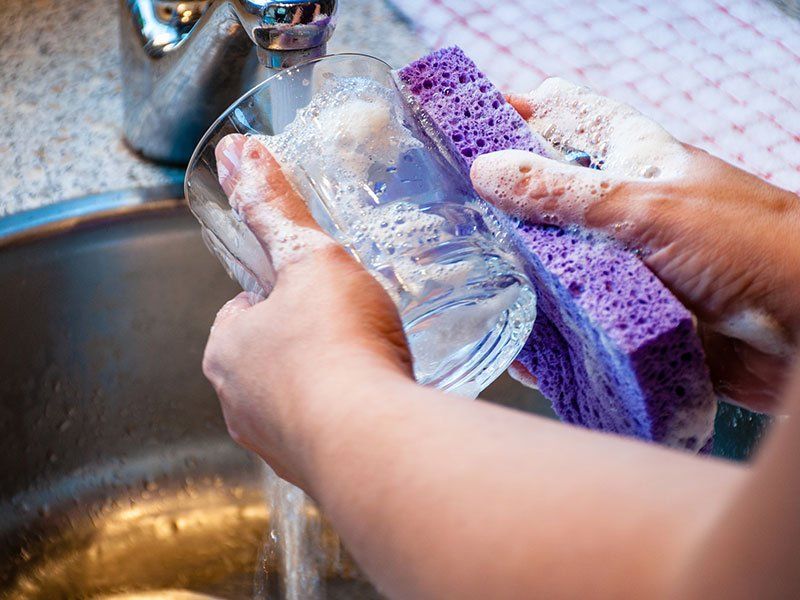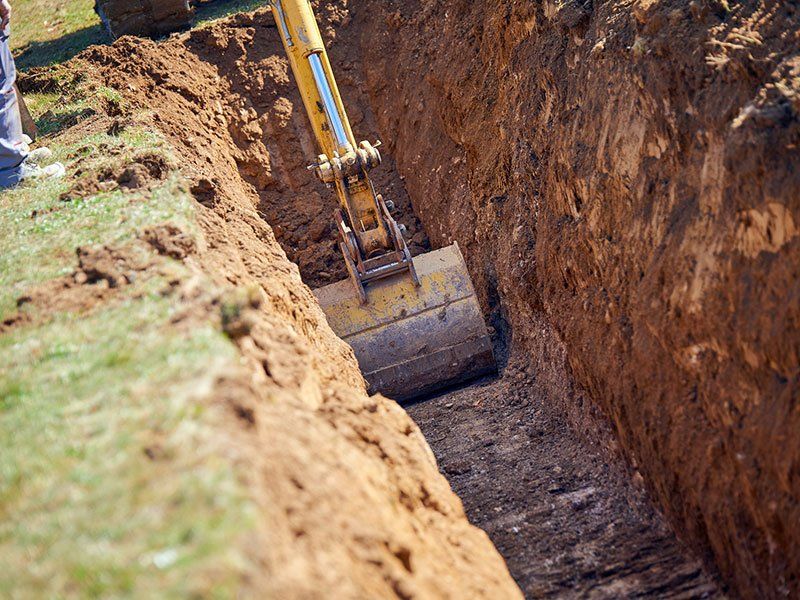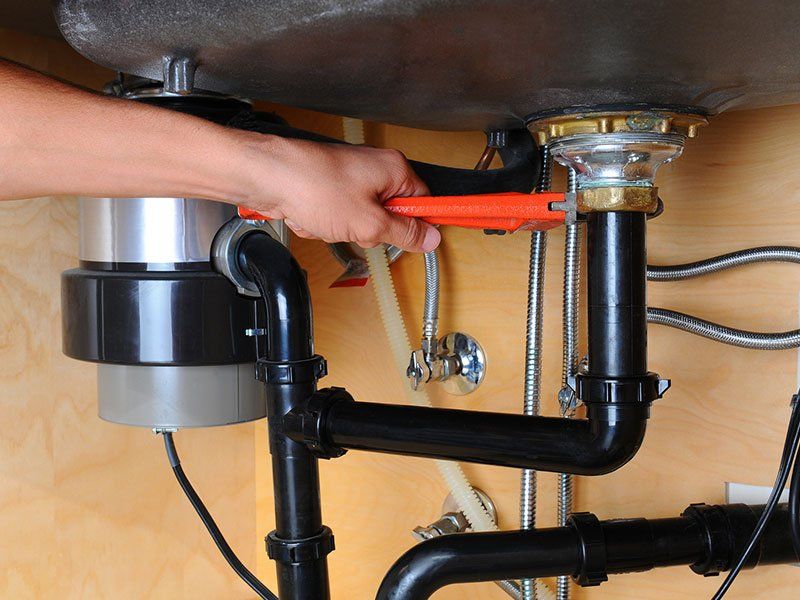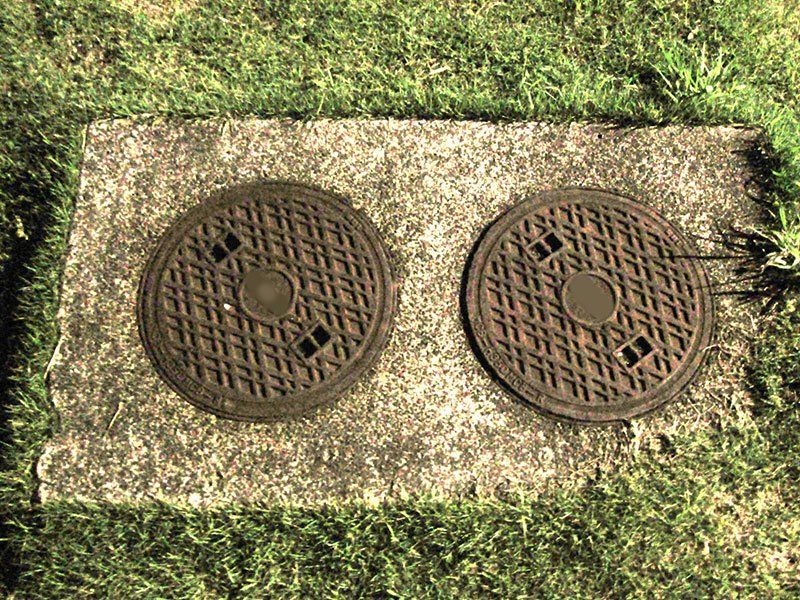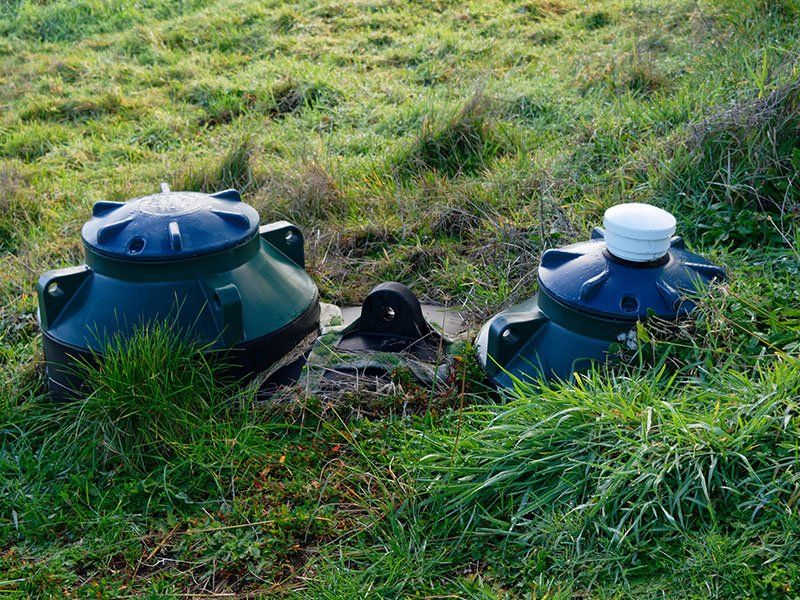COMMON PLUMBING MISTAKES TO AVOID
admin • July 28, 2017
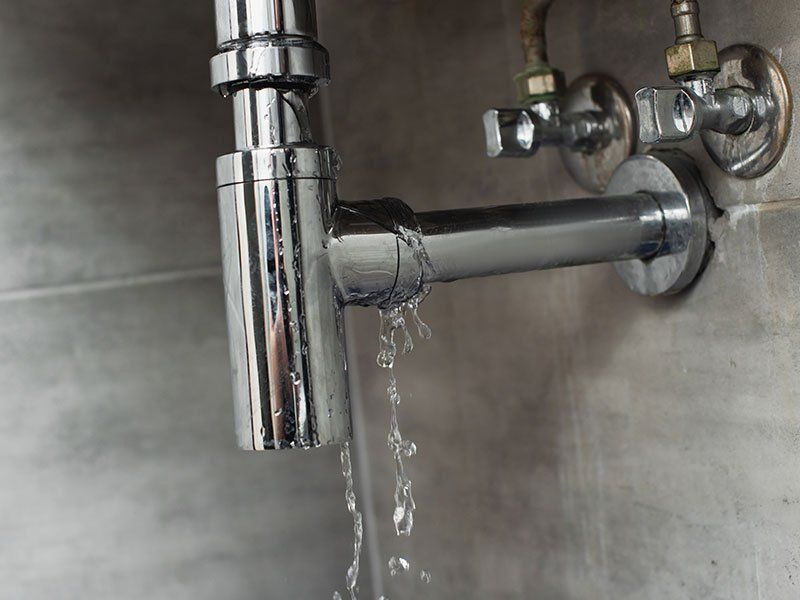
If you're a homeowner, or just consider yourself a DIY guru, you might take on several home-improvement projects. Unfortunately, if you try to tackle any number of seemingly straightforward plumbing jobs, you might find yourself doing more harm than good.
Don't allow your inexperience to turn into a costly mistake. Instead, here are some of the most common plumbing mistakes that you should avoid.
RELYING TOO MUCH ON DRAIN CLEANER
If your sink, tub or toilet was clogged in the past, chances are you reached for your trusty liquid drain cleaner. These cleansers are inexpensive, and in a few cases, will eliminate minor clogs. Unfortunately, after repeated use, liquid drain cleaners will cause more harm than good.
There are typically three different types of drain cleaner you can purchase at your local grocery store: caustic, acid and oxidizing. The active ingredient in caustic drain cleaner is typically lye or caustic potash. In acid cleaners, the active ingredient is usually hydrochloric or sulfuric acid. Oxidizing drain cleansers utilize bleach or peroxide to eat away at drain clogs.
Unfortunately, all the substances in these three types of drain cleaners are toxic and harmful—to both you and your plumbing. The active ingredients in each can cause severe skin irritation and burns. After repeated use, the drain cleaners will begin to eat away at your plumbing, especially if it’s older.
The end result of repeated use can be irreparable damage and leaks. Instead of a chemical drain cleaner, utilize a plumbing snake to eliminate clogs. If this isn't effective because the clog is too large, or too deep inside your pipes, consult a professional for assistance.
MISMATCHED PIPES
If your pipes under the kitchen or bathroom sink need replacing, you might be tempted to tackle this chore yourself. However, before you strap on your tool belt, it is important to learn which type of pipes you have. It’s important to utilize the same types of pipes because if you mismatch products, you may soon have a big problem on your hands.
For example, you should never mix a galvanized steel pipe and a copper pipe. Galvanized steel is constructed with zinc, and when zinc comes into contact with copper, the reaction will lead to severe corrosion. Eventually, the corrosion will cause the fitting to breakdown and lead to a serious leak.
Instead, to avoid damage, always utilize the same pipe and fitting materials whenever possible. A professional plumber knows all about the various pitfalls of mismatched pipes. So, seek advice from an experienced plumbing company before taking on any sort of replacement project.
MISUSING YOUR GARBAGE DISPOSAL
Finally, you may assume that your garbage disposal is indestructible and can handle anything you throw down it. Unfortunately, if you toss the wrong materials down your garbage disposal and don't clean it periodically, you will find yourself calling a plumber.
Here’s a list of some items that should never be put down your garbage disposal:
- Coffee grounds
- Fibrous fruits and vegetables
- Fruit pits
- Egg shells
- Oils, grease and fat
- Pasta
- Rice
- Bones
Additionally, when you do toss items down your garbage disposal, always use cold water. Hot water will soften and melt foods and other substances, which will cause them to stick to the garbage disposal's blades. Instead, always run cold water, which will help potentially harmful substances, such as grease and fats, remain solid and are easily destroyed by the blades.
Finally, remember to clean your garbage disposal several times a year. To do this, simply pour white vinegar, baking soda and some lemon or lime juice down the sink. The chemical reaction caused by the vinegar and baking soda will clean the blades, while the citrus juice will help eliminate odors.
If you're considering caring for your own plumbing or tackling a plumbing job, it's important to know what not to do. For the bigger jobs, don't hesitate to contact the professionals at Ernie's Plumbing and Sewer Service.
